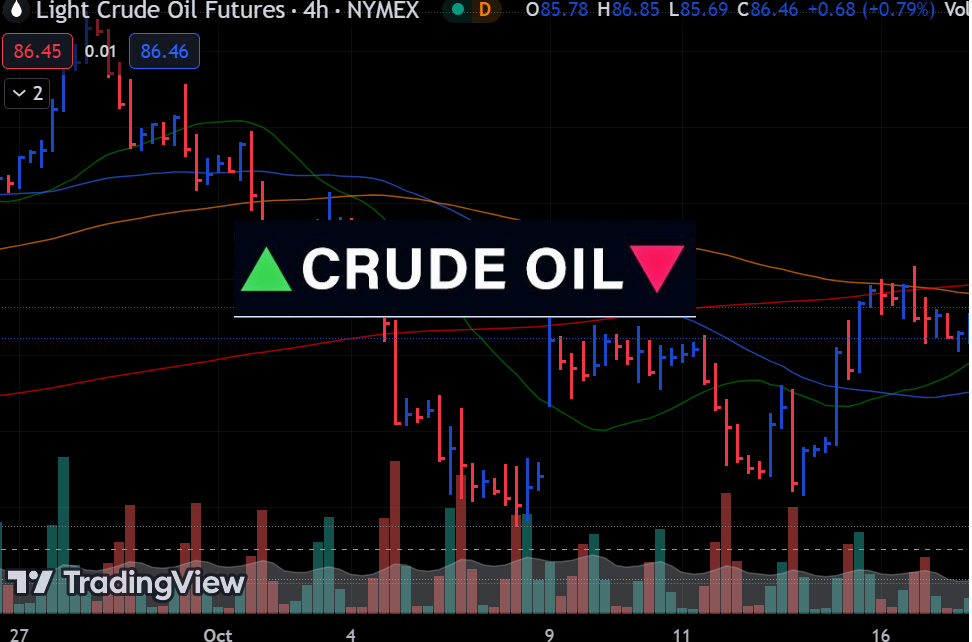- US crude inventories rose by a surprise 7.3 million barrels last week.
- Powell noted that the recent lack of progress in inflation could delay rate cuts.
- The US and Egypt are pushing for a pause or an end to the war between Israel and Hamas.
Oil prices fell on Wednesday after a surprise jump in US crude inventories. Additionally, the Fed policy meeting ended with a hawkish note, meaning more rate-cut delays. At the same time, there was hope in the market of a ceasefire in the Middle East war, which weighed on prices.
The EIA reported that US crude inventories rose by a surprise 7.3 million barrels last week, beating forecasts of a 1.1 million increase. Similarly, gasoline stocks rose by 0.3 million barrels when economists expected a 1.1 million drop. An increase in inventories is a sign that demand dropped last week, which is bearish for oil prices.
Elsewhere, investors focused on the FOMC policy meeting, during which the Fed held rates steady. Moreover, Powell noted the recent lack of progress in inflation. US inflation came in higher than expected for the year’s first three months. As a result, policymakers have lost confidence that it will decline to the central bank’s 2% target. For this reason, Powell said they will likely hold rates at the current high level for longer to lower inflation.
Moreover, there is uncertainty about the timing of the first Fed rate cut or if there will be a cut at all in 2024. As long as the Fed keeps borrowing costs high, oil demand will be relatively low. Consequently, hawkish Fed remarks weigh on oil prices.
US private employment (Source: ADP Research Institute)
Meanwhile, data on US private employment came in higher than expected, emphasizing the labor market’s tightness. This aligns with Powell’s view that inflation remains high. As a result, investors eagerly await the US non-farm payrolls for more clues on the Fed’s rate cut outlook.
There was pressure on prices as investors hoped for a ceasefire in the Middle East war. Notably, the US and Egypt are pushing for a pause or an end to the war between Israel and Hamas. According to US officials, Israel’s plan to attack Rafah could lead to civilian deaths, which would lead to a humanitarian crisis. A ceasefire would lead to more declines in oil as it would loosen the market. Moreover, it would eliminate the risk of escalation, which would have affected the oil supply.





